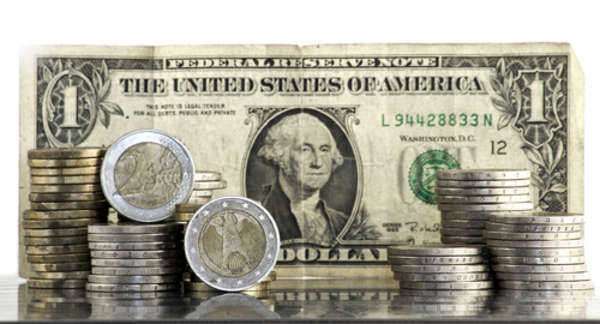Estate Tax 2010
Estate Tax 2010
In the United States, when someone dies their personal assets, upon distribution to heirs, is taxed. This is called the Estate Tax. The calculation for the total amount of tax due is done by adding the fair market values of all the decedent's assets at death plus any estate tax credits and subtracting the allowable estate tax deductions from the total.
The federal estate tax 2010 was initially supposed to be repealed for 2010. This means that if you died in 2010 estate taxes would not apply to your assets at death. However, and amendment created in the end of 2010 reinstituted the estate tax. 2010 bequests in a will or through intestacy were required to retroactively pay estate taxes on the assets of those individuals who died in 2010.
The updated estate tax 2010 allows for the estates of individuals who died in 2010 to opt into the “modified carry over basis.” The federal estate tax still remains the default. Under the federal estate tax 2010 an estate can be taxed as much as 35% for estates valued at $5 million or more. This may seem expensive but prior tax codes have allotted a 55% tax on estates more than $1 million. So this is a compromise that was created in consideration of re-instituting the estate tax for 2010.

If you are having issues involving the re-institution of the estate tax 2010 in relation to your estate or someone elses then you should consult an estate planning lawyer, an accountant or a tax lawyer to help you understand the options in the revised tax code and decide whether using the estate tax would be a better option then opting into the “modified carry over basis.”